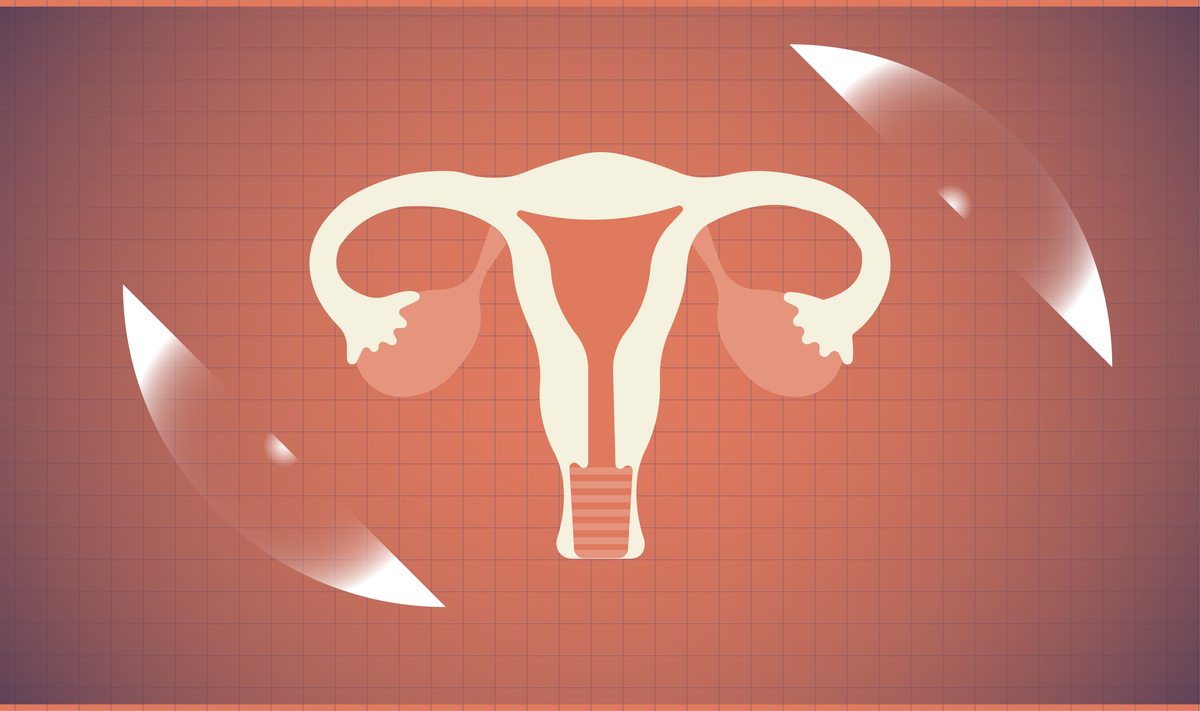New study prompts posts about preventing gestational diabetes
Plus, social media users responded to bills that could impact abortion access and expressed confusion about state abortion laws.

Plus, social media users responded to bills that could impact abortion access and expressed confusion about state abortion laws.
This past week, a new meta-analysis found that diabetes during pregnancy may increase the risk of having children with neurodevelopmental differences. In response to articles about the research, some social media users asked how to prevent gestational diabetes. Other discussions highlighted recent bills that could impact abortion access, generating questions about abortion laws.
In response, communicators may share information about gestational diabetes prevention, screening, and treatment, plus information about local abortion laws

Insights brought to you by the reporters and science writers of Public Good News (PGN), a nonprofit newsroom dedicated to improving community health.
What’s trending nationally in conversations about reproductive health:
A meta-analysis published on April 7 found that children of birthing parents who had diabetes during pregnancy are 28 percent more likely to have a neurodevelopmental difference, such as autism or ADHD. The risk was heightened by both gestational diabetes, which develops during pregnancy, and preexisting type 2 diabetes. However, an author noted that the meta-analysis “does not establish diabetes as a direct cause” of neurodevelopmental differences, since it could not account for other potential causes, like genetics. Several news articles reported on the research, and those articles were shared on Facebook, where some posts received thousands of views. Many commenters doubted the findings. Others asked how people can prevent and treat gestational diabetes, and several promoted unproven herbal remedies to prevent and treat all forms of diabetes.
A number of recent bills impacting abortion access generated online conversation. Bills that would restrict abortion access include: a North Carolina bill that would ban nearly all abortions, and an Alabama bill that would allow people who get abortions in the state to face criminal charges, including life imprisonment. Bills that would expand access include: an Illinois bill that would allow health care providers to continue prescribing abortion pills, even if the FDA revokes approval, and a Massachachuetts bill aiming to protect access to emergency abortions. Social media posts across platforms discussed the bills. The response to bills protecting abortion access was mostly positive, but reactions to bills restricting abortion access were split and included debate about the ethics of abortion. Some expressed confusion about whether these bills had been signed into law.

Recommendations brought to you by the health communication experts behind Infodemiology.com.
Recommendations for public health professionals
Each week, the Infodemiology.com team will provide messaging recommendations in response to some of the trending narratives outlined above. These helpful tips can be used when creating content, updating web and FAQ pages, and developing strategy for messaging about reproductive health.
Conversations about gestational diabetes provide an opportunity to explain what it is and how it’s diagnosed and treated. Messaging may note that like other types of diabetes, gestational diabetes affects how cells use sugar, or glucose. This can cause high blood sugar, which can lead to health complications for pregnant people and their babies, like preterm birth. Gestational diabetes typically does not cause noticeable symptoms, which is why all pregnant people are screened for it during prenatal health care visits. However, some people with gestational diabetes may experience increased thirst and frequent urination. Pregnant people experiencing those symptoms should see a health care provider right away. Researchers don’t know exactly what causes gestational diabetes. People who have prediabetes or a family history of diabetes may face a higher risk of developing it. Pregnant community members should talk to their health care provider to determine when and how often they should be screened. Eating a nutrient-dense diet and exercises may help prevent gestational diabetes. Treatment options include lifestyle changes, blood sugar monitoring, and medication. Pregnant people who had type 1 or type 2 diabetes before becoming pregnant should talk to their health care providers about how to stay healthy during pregnancy.
Given confusion about local abortion laws, communicators may ensure that all materials outlining abortion legislation in their state are up to date. Communicators may also want to share the Repro Legal Helpline, which provides free, confidential legal services for people seeking abortions; Plan C, which offers information about accessing abortion pills in every state; and AbortionFinder.org, which directs people to reputable abortion providers.
